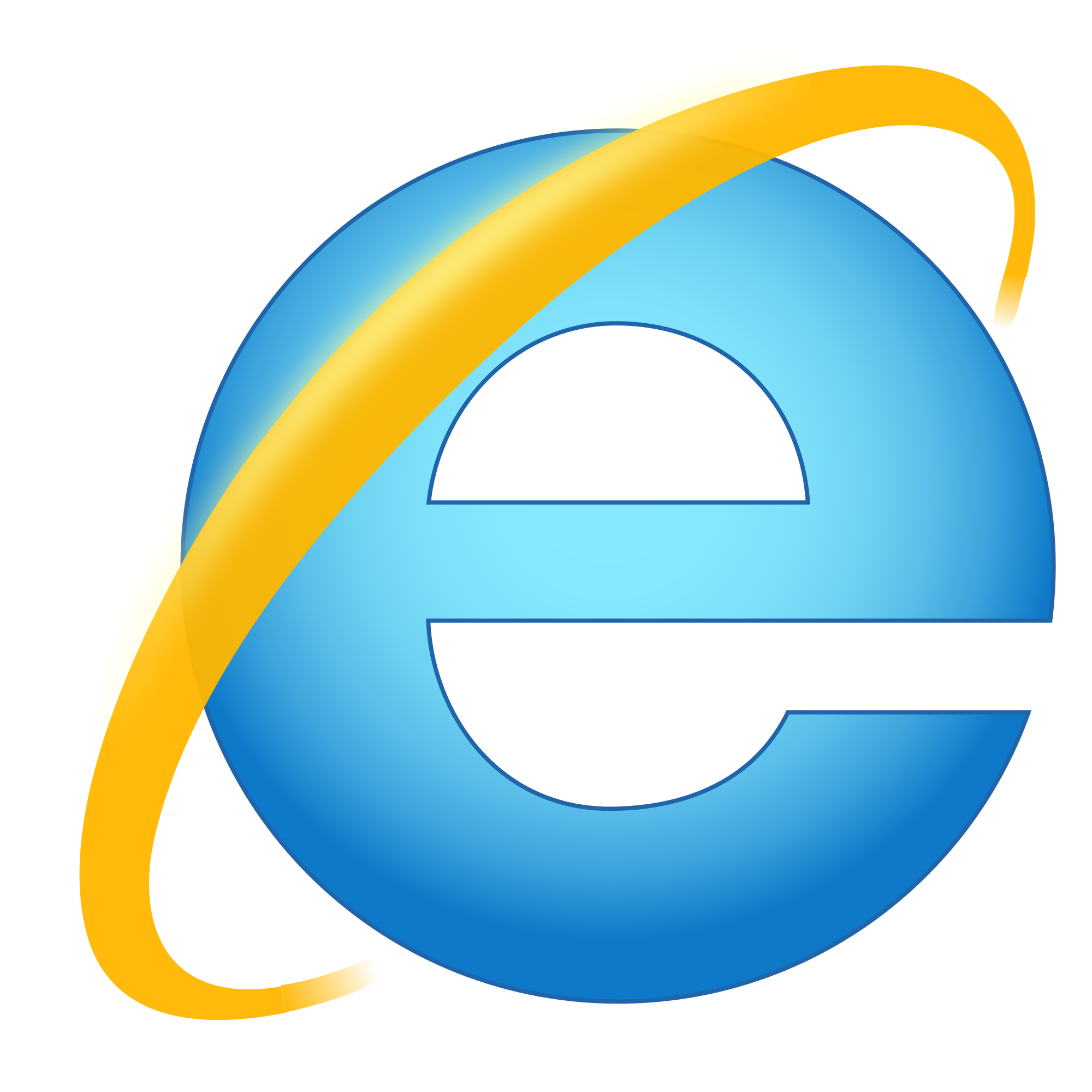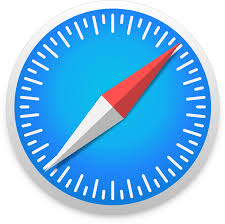HTML article: Main Tips
- HTML
<article>element has independent data, which can be reused or distributed to other web pages or documents. - The
<article>tags can hold blog entries, news articles, comments, etc. - Both HTML
<article>tags (opening and closing) are mandatory.
Purpose of article
HTML <article> defines reusable, self-contained information.
<article>
<h1>Fun Fact</h1>
<p>Fun fact: most of the fun facts on the Internet are not actually fun.</p>
</article>Note: in HTML 5, articles element is a new addition.
The HTML <article> vs <section> discussion indicates that these elements are similar, but their use cases differ. For instance, <article> should be applied if specific content will be syndicated.
Tip: syndication refers to a process of making reusable content, which can be incorporated into multiple web sites or documents.

- Easy to use with a learn-by-doing approach
- Offers quality content
- Gamified in-browser coding experience
- The price matches the quality
- Suitable for learners ranging from beginner to advanced
- Free certificates of completion
- Focused on data science skills
- Flexible learning timetable

- Simplistic design (no unnecessary information)
- High-quality courses (even the free ones)
- Variety of features
- Nanodegree programs
- Suitable for enterprises
- Paid Certificates of completion

- A wide range of learning programs
- University-level courses
- Easy to navigate
- Verified certificates
- Free learning track available
- University-level courses
- Suitable for enterprises
- Verified certificates of completion
Attributes for article
The HTML <article> can contain any of the global attributes. The following list contains the three most used ones.
address
To provide information about the author of the article, use <address>.
<article>
<address>
Written by Someone.<br>
Visit me at: <br>
https://www.bitdegree.org/ <br>
</address>
</article>footer
You can use <footer> to provide extra information at the bottom of the <article> element.
<article class="blog_post">
<p> Another blog post. </p>
<footer>
<p>
Extra information is always good.
</p>
</footer>
</article>time
Use <time> to describe the date and time of the publication of the <article> element.
<article class="blog_post">
<p>My first blog post, I am a real blogger now.</p>
<footer>
<p>
Posted on <time datetime="2017-07-24 16:00">May 31</time> by Lisa.
</p>
</footer>
</article>Browser support

Chrome

Edge

Firefox

IE

Opera

Safari
Mobile browser support

Chrome

Firefox

Opera

 HTML
HTML  CSS
CSS  PHP
PHP  JavaScript
JavaScript  SQL
SQL  Bootstrap
Bootstrap  Solidity
Solidity  jQuery
jQuery  Git
Git  Chrome DevTools
Chrome DevTools  C++
C++  Python
Python 



